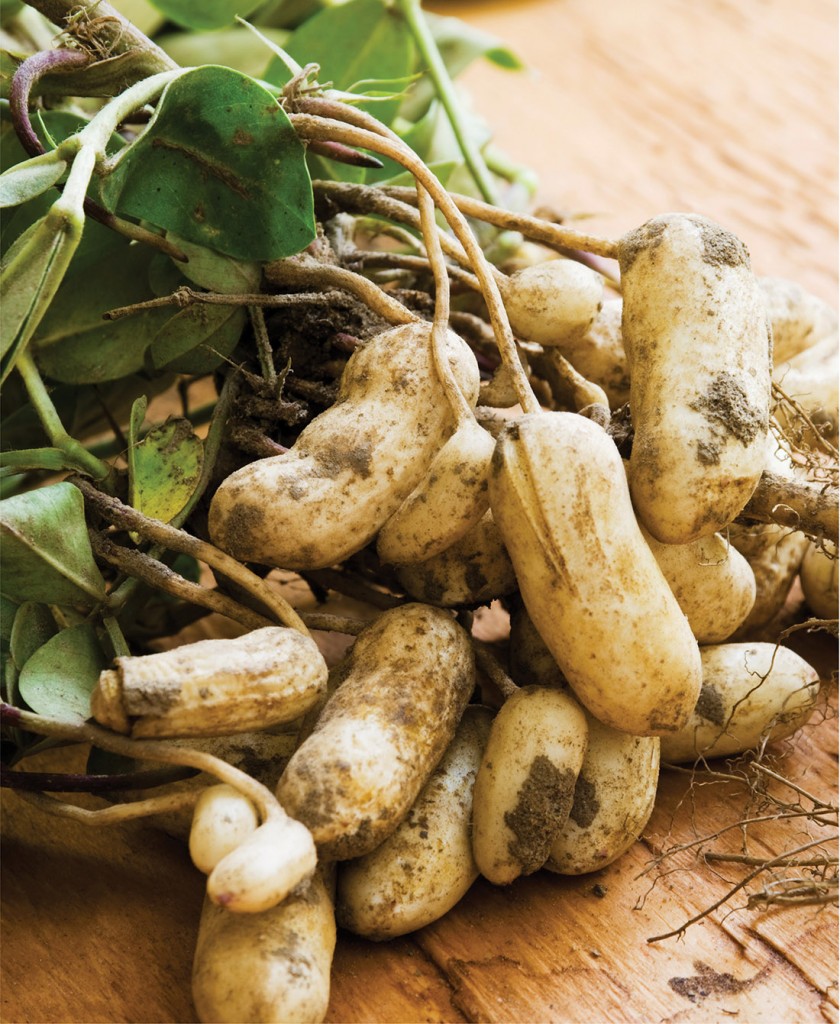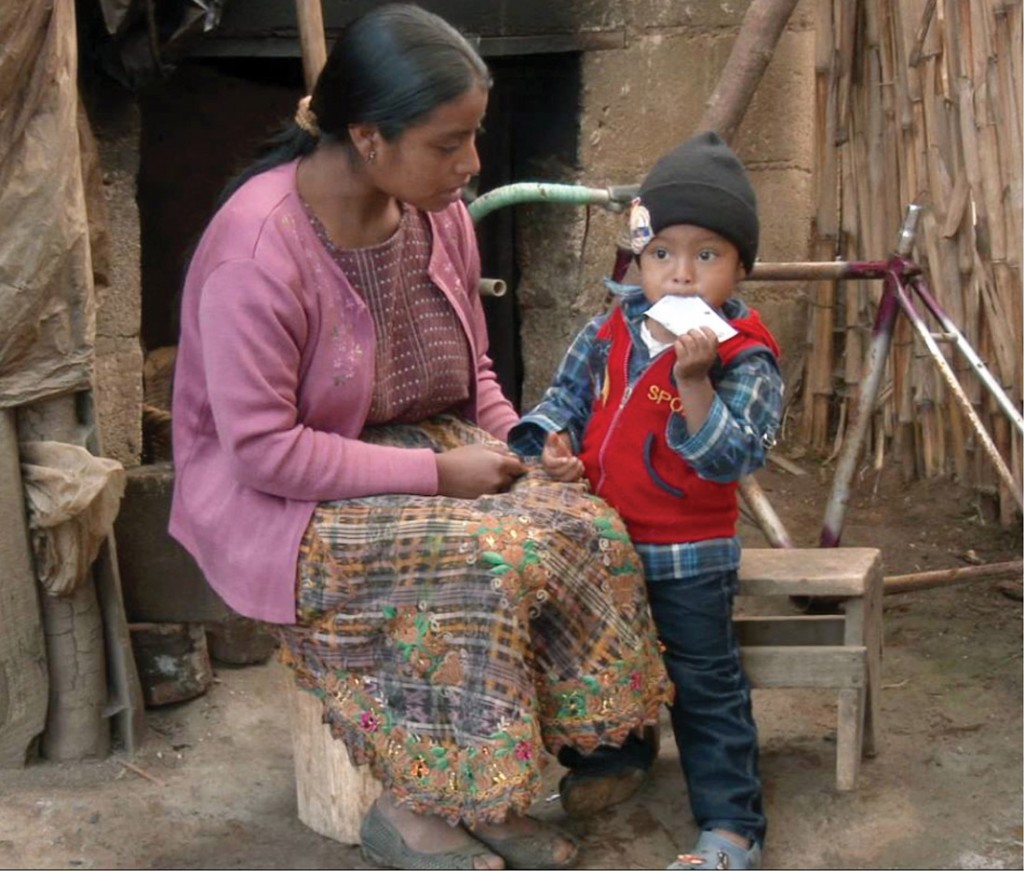
Malnutrition is defined as a lack of food and calories. But really, it’s a symptom of far more profound problems. “The real causes of malnutrition are poverty and inequality,” says Ted Fischer, professor of anthropology and director of the Vanderbilt Center for Latin American Studies.
For the past five years, Fischer has worked with Steve Moore, founder of the Shalom Foundation, whose Guatemala City pediatric clinic has strong ties to Vanderbilt’s Monroe Carell Jr. Children’s Hospital, to fight both causes of malnutrition: lack of food and lack of economic opportunity.
With help from the Instituto de Nutrición de Centro América y Panamá (INCAP), a leading international malnutrition research organization, and nearly two dozen Vanderbilt students from across the university, Fischer and Moore launched NutriPlus, a social enterprise in Guatemala that assists local populations in producing, packaging and distributing a nutritional supplement that combats childhood hunger. Called Mani+, the supplement is a kind of fortified peanut butter, which provides a vital daily boost of protein, fat, calories and nutrients to help hungry kids grow up healthier.
Fischer and Moore opened their first mass-production facility, located on INCAPs Guatemala City campus, last September at the same location where the organization developed a nutritional supplement called Incaparina in the 1950s. “So it’s really come full circle,” Fischer says, adding that INCAP donated the facility where Mani+ is being made.
In Guatemala more than half of all children experience chronic hunger, the fourth-highest childhood malnutrition rate in the world. “There’s a huge economic impact to malnutrition. Kids don’t do as well in school, and we know from data that they earn 40 percent less as adults than peers who were well-nourished,” Fischer says. “So to put it into a dollar figure, in Guatemala that’s $300 million a year that malnutrition is costing this country.”
The idea for something like NutriPlus began in 2009, when Fischer traveled to Mozambique with Bart Victor, Cal Turner Professor of Moral Leadership and director of Project Pyramid, in search of economic development projects surrounding the Vanderbilt Institute for Global Health’s HIV clinics there. During their visit they saw malnourished children being treated with a nutritional supplement similar to Mani+, except that it was being imported from France.
“We thought, ‘That’s crazy to buy something from France to give to starving people in Mozambique. Maybe we can do something local,’” Fischer recalls.
They envisioned a social enterprise that would employ local workers and ingredients to address the country’s needs. But Mozambique proved to be too challenging a business environment to establish that kind of venture, so Fischer turned his sights back to Guatemala, a country he knows well.

Project Pyramid teams from Vanderbilt’s Owen Graduate School of Management developed NutriPlus’ financial models and quality-control measures, while students from the School of Medicine contributed to the food science. Vanderbilt undergraduates have traveled to Guatemala for the past several years to help create malnutrition education plans, develop food-safety measures for local farmers, and investigate the use of alternative crops. They even designed the packaging for Mani+.
“I can’t think of a single intervention that will have a bigger impact on the long-term health and economic vibrancy of Guatemala,” says Hudson Baird, BA’10, whose senior thesis served as a foundational document for NutriPlus. The experience inspired him to move to Guatemala, where he now works for a nutritional nongovernmental organization.
Senior and Littlejohn Scholar Eunice Jun, who studies computer science at the School of Engineering and cognitive studies at Peabody College, says she had always considered research to be a long-haul endeavor, but seeing the immediate effects of her work was powerful. “It’s definitely shaped how I view research and the connection that research has with service and its application to society.”
Mani+ is uniquely formulated to address the nutritional needs of Central American children. Field tests of 1,000 children show that Mani+ measurably reduces key symptoms of malnutrition like stunted growth and low weight. Treated children also had lower rates of anemia and diarrhea.
By early 2016, Mani+ will become the first nutritional supplement to be produced in Guatemala using all local ingredients. NGOs and clinics around Guatemala currently purchase and distribute Mani+ free to local families. But Fischer says he hopes that it eventually can be available for sale in pharmacies and markets around the country at a price families can easily afford.
Once the facility reaches peak capacity, Fischer and Moore hope to produce 25 tons of Mani+ a month, reaching 25,000 children. Not only will it provide economic development for the farmers who grow the peanuts, Fischer says, but it will improve the economic prospects of the children who benefit from it.
“That’s really the goal, isn’t it? People paying for their own self-improvement, rather than being recipients of charity.”
—LIZ ENTMAN